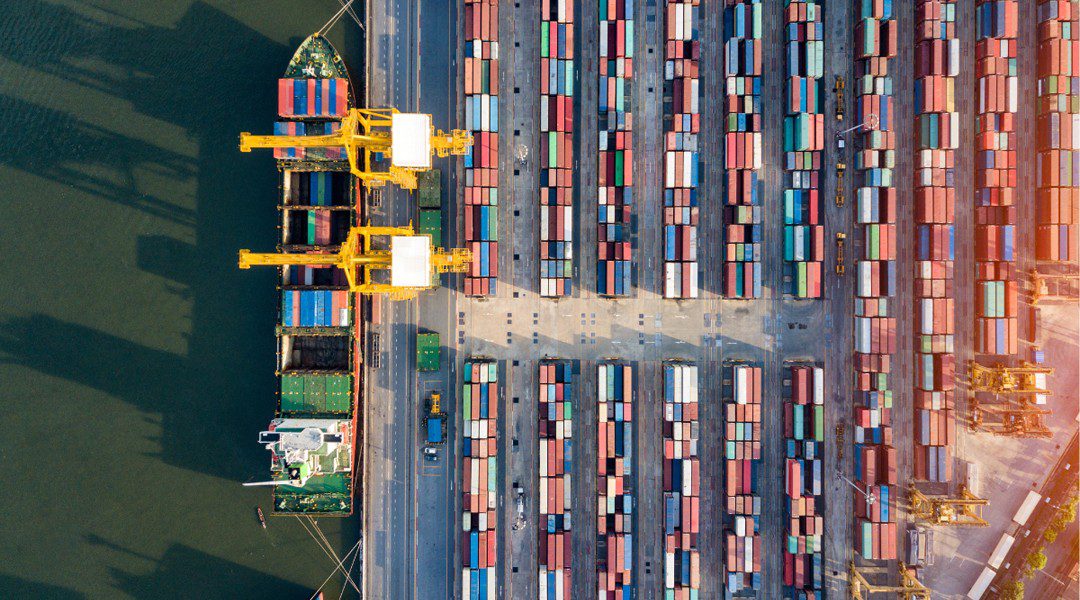South Korean shipbuilding conglomerate HD Hyundai has announced plans to merge two of its subsidiaries to bolster its portfolio amid a highly competitive global market
On 27 August, HD Hyundai Heavy Industries disclosed it will merge with HD Hyundai Mipo, with Hyundai Heavy Industries serving as the surviving entity. “The goal is to effectively respond to future changes in the shipbuilding industry by unifying dispersed capabilities and resources,” the shipyard said.
HD Hyundai highlighted the move is aimed at capitalising on the growing defence industry and aligns with the Make American Shipbuilding Great Again initiative, which the company sees as a key driver for these projects. The shipyard recently launched a multi-billion-dollar investment programme to revitalise the US shipbuilding sector, signing a memorandum of understanding with Cerberus Capital and the Korea Development Bank in Washington.
The new, merged entity also plans to expand its presence in special-purpose vessels, such as icebreakers, which are in rising demand due to Arctic shipping growth.
In addition, the companies will restructure their overseas operations by consolidating international business bases into a Singapore investment corporation. “This will enable them to manage and operate multiple overseas corporations in an integrated manner and respond more quickly and flexibly to the global market,” HD Hyundai said.
High-profile mergers in China, Japan
This development follows the major consolidation between China CSSC Holdings Ltd (CSSC) and China Shipbuilding Industry Co (CSIC), creating a shipbuilding powerhouse. Although the two companies merged into China State Shipbuilding Corp Ltd in 2019, some of their subsidiaries still have overlapping operations in areas such as commercial vessel construction, ship repair and conversions. The merger is intended to achieve greater scale and operational efficiency, with analysts expecting CSSC’s operating costs to fall by 8–10% once restructuring is fully completed.
In Japan, Imabari, the country’s largest shipbuilder,increased its equity stake in Japan Marine United (JMU) from 30% to 60%, aiming to make JMU a subsidiary and secure management control. Like other high-profile mergers, this move is intended to help domestic companies remain competitive in the global shipbuilding market.





